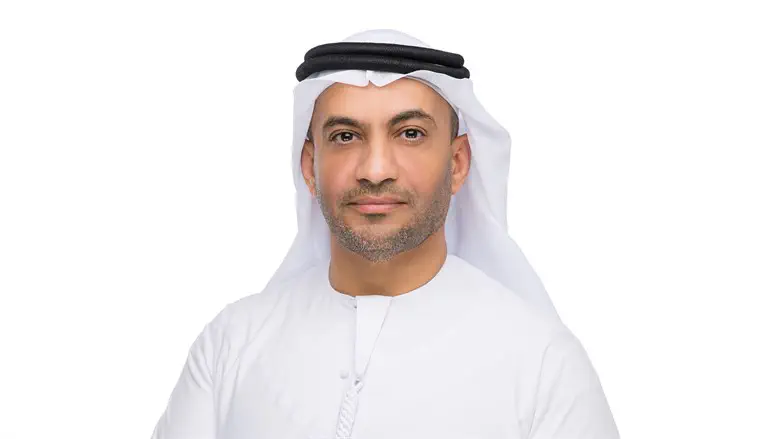
The use of drones in military conflicts was once again brought to the fore by media reports of the Ethiopian army’s use of Turkish Bayraktar drones in the fight against the Tigray Liberation Front, tilting the scales in favor of government forces.
Ethiopia was not the first battlefield where drones have played an important role recently. The conflict between Armenia and Azerbaijan was a case in point.
Turkey successfully used TB2 drones in the Nagorno-Karabakh conflict. Previously, Turkey used the same aircraft in Operation Spring Shield, conducted by Turkish forces in northern Syria in February 2020.
Add to this the role of these aircraft in the Libyan conflict and in a 2019 attack on the Saudi oil refinery Aramco.
These junctures illustrate a paradigm shift in the operational role of drones and their transition from surveillance, observation, reconnaissance, and intelligence gathering to high-impact offensive roles.
They also show which countries have made progress in producing these aircraft and how they are using them politically and strategically. In addition to the major international powers, particularly the US, which has several generations of drones that have been used by the US military for many years, Turkey, Israel, China, and Iran stand out.
The role of these aircraft has attracted so much attention in the world that a bipartisan group of 27 US Congress members have expressed concern about the development of Turkey’s cruise missile program. They appealed to Secretary of State Anthony Blinken to suspend military export licenses to Ankara to ensure that no US technology is used for the Bayraktar aircraft program.
These aircraft have proven capable of changing the equations of a conflict and playing a defining role in the interests of one party, but not the other. Because of their modest price, many expect them to be the most widely used weapon in the coming years, especially since the price differential with other weapons is significant. The price of the Turkish Bayraktar is estimated at $5 million.
In comparison, the F-35 fighter jet costs about $122 million. The Eurofighter Typhoon runs about $165 million. And the Sukhoi Su-57 is estimated to cost $84 million.
In this regard, an important consideration is that the Bayraktar has become one of Ankara’s strongest tools for expanding outward and gaining influence, given the high demand for this aircraft, one of the most widely used and sought-after in the world. Having sold it to about 15 countries so far, Turkey has added more opportunities for its strategic interests.
Turkish-Russian coordination in Syria and other regions does not hide the fact that after the destruction of several systems, including in Syria and Libya, there is intense competition between the Bayraktar drones and the Russian Pantsir defense system.
One aspect of the danger posed by these aircraft is that they have fallen into the hands of militias in regional countries. The Houthis in Yemen and sectarian militias in Iraq have taken advantage of them. They also make it possible to carry out attacks and then deny responsibility for those attacks, as in the case of the attack on the Aramco facilities in Saudi Arabia.
Some statistics show that about 63 organizations, militias or irregular forces worldwide have drones. It is also about the violation of state sovereignty and even human rights, as these aircraft are used to carry out assassinations. Experts are not optimistic about reining in remote control technology and imposing the necessary sales and export restrictions.
This is quite predictable given the tremendous technological advancements and rapid development. However, the expansion of the base of military high technology and the associated gain in strategic influence is particularly striking. Those with technology have the ability to build relationships and expand, or at least defend, their strategic interests.
Arab countries should pay special attention to this. The widening technological gap over time weakens the chances of Arab countries to catch up, not only in technological terms, but also in maintaining their security, stability and national sovereignty.
Dr. Salem AlKetbi is UAE political analyst and former Federal National Council candidate